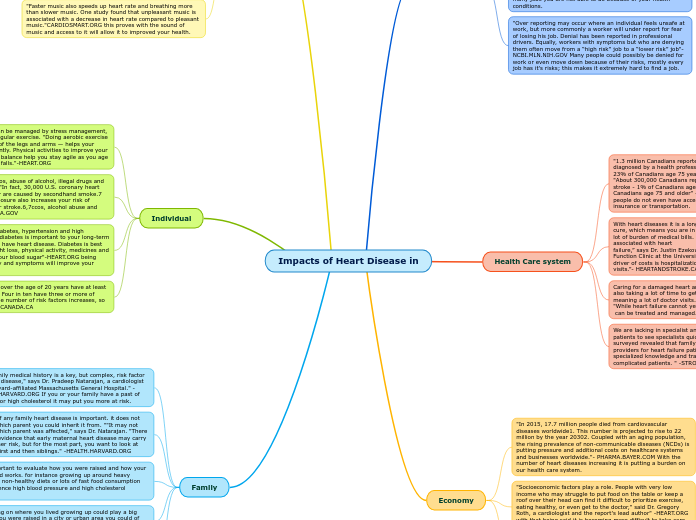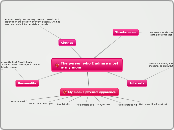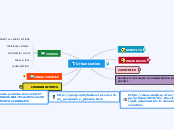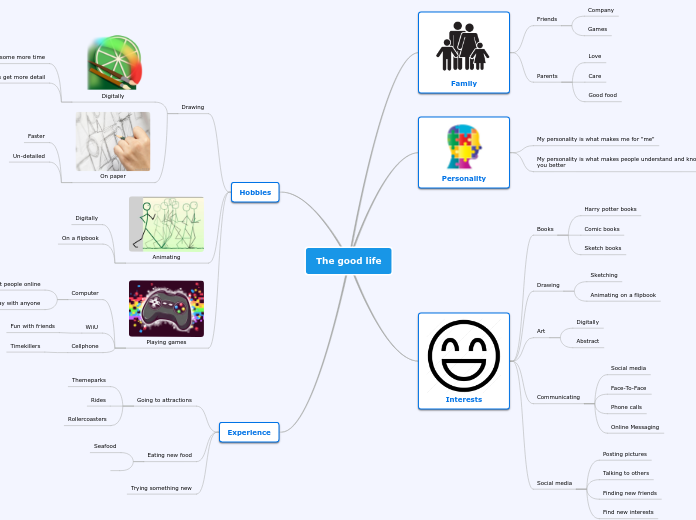jonka Shayla Tremblay 4 vuotta sitten
259
Impacts of Heart Disease in
The influence of family and upbringing on heart disease is significant, with factors such as exposure to smoking, unhealthy diets, and fast food consumption contributing to high blood pressure and cholesterol.









